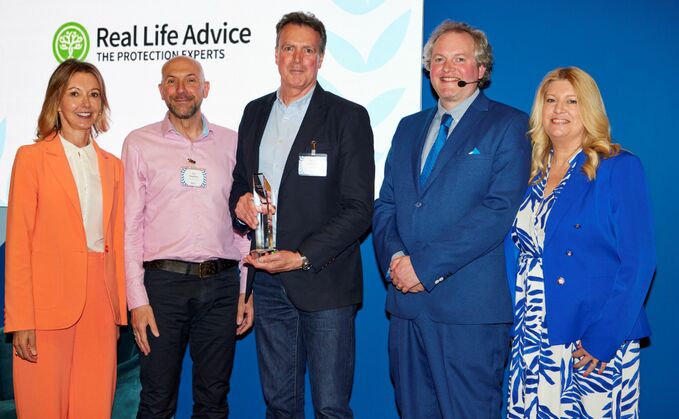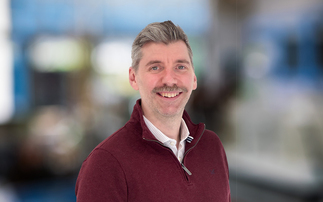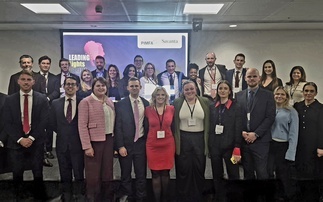
Real Life Advice, Legal & General Business Quality Awards
In the world of financial advice, delivering exceptional customer outcomes while maintaining a structured and repeatable process can be a challenge, especially for firms looking to grow their client base.
This was one of the topics discussed at Legal & General's 2023 Business Quality Awards (BQA's), hosted at London's Haberdashers' Hall on 17th May. The awards celebrate the protection industry's advisers and businesses who have gone above and beyond for their clients.
Among the winners, Steve Johnson, Director and Principle, and Nic Hopkins, Director of Operations at Real Life Advice, share how they have struck a balance between the value of human interaction, and the reliability of systemic procedures.
Creating a repeatable experience
Johnson says: "We want our clients to have the same experience each time. I think the challenge for us as we grow our business is how we retain the culture that we have now and bring people in who buy into our values and have that skill set."
He attributes Real Life Advice's success to developing a highly structured process that all their advisers adhere to. By utilising a script, they ensure consistency and envisage potential concerns at each stage to ensure clients are fully informed and confident in their decisions.
Their script-based approach may seem rigid, but the clients are unaware they are listening to a pre-prepared framework. The script is not static; it continuously evolves based on adviser feedback and real-time interactions.
Hopkins says: "Sometimes improving the process is just about how things are explained. For instance, we used to avoid mentioning company names to avoid overcomplicating discussions, but we discovered that name-dropping recognised brands, can help give clients confidence. So now we talk to people about the quality of the insurers we work with, and we name-check those insurers."
Scalability
One of the key advantages of having a structured process is its scalability. Hopkins describes how having a well-defined process has allowed their recruitment strategy to shift toward finding individuals who can follow the process and exhibit resilience, rather than relying solely on years of experience. This enables them to hire younger advisers without sacrificing their culture or the quality of their services.
Hopkins says: "Trying to find unique people all the time, that's hard to do. But if you find people who are trainable and are happy to follow a process, then we believe that that's how you scale up without losing that culture and quality of what you do."
The future
At the BQA's, there was a discussion on embracing technology and artificial intelligence to help automate tasks that don't require human skills. Despite seeing how new technology could complement their process-driven approach, Johnson reaffirms the importance of preserving the human-element amid increasingly autonomised processes.
He concludes: "I think it's great to embrace technology, but you've got to embrace it for the bits that don't require all those human skills. We have a process, but our job is about engaging with people, relating to them, having empathy, being able to ask challenging questions in the right way, and guiding people through that process."












